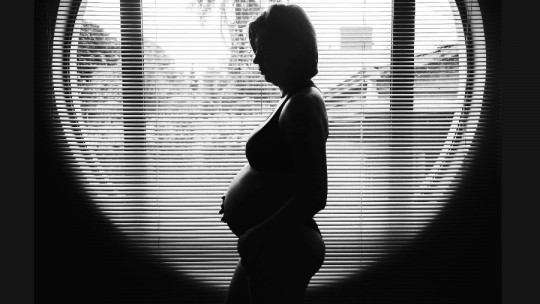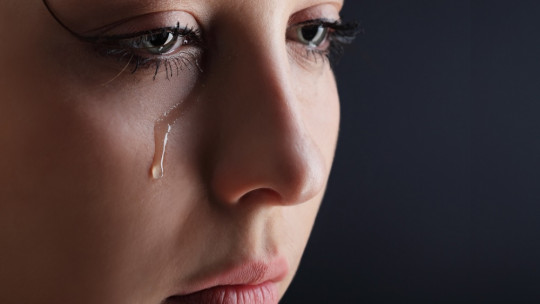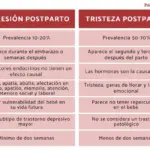Having a child is one of the most rewarding experiences that a human being can experience. However, Some mothers experience what is known as postpartum depression
Scientific studies show that between 10 and 15% of mothers can suffer from this disorder, as confirmed by the Valencia College of Nursing.
Luckily, patients with this condition have a good prognosis thanks to the work of psychologists.
In the following lines we will delve into this phenomenon and delve into its causes, symptoms and treatment.
Types of depression
It is common to suffer a downturn from time to time, because life has good and bad moments. In fact, some experiences can affect us so intensely that it is difficult for us to return to normal. Feeling sad about an event that has occurred is normal, the problem occurs when suffering becomes too important a part of our life and affects our daily lives, negatively influencing our well-being. .
In these cases we speak of depression, and according to different manuals of mental disorders, depressive disorders can be classified in different ways.
If you want to know more about the different types of depression, you can read our article: “Are there several types of depression?”
What is postpartum depression?
Having a child with the person we love is one of the great gifts of life. But sometimes this great experience can bring with it postpartum depression. The first weeks after childbirth can be a vulnerable stage for the mother, who may experience a wide variety of emotions, not all of them positive.
Sometimes this feeling can appear without any explanation. Anxiety, sadness, insomnia, fatigue, irritability, excessive tiredness, nervousness, pessimism can affect the first weeks or months of motherhood.
Symptoms
One of the most notable characteristics of this type of depression is that it occurs after childbirth, and can last up to a year after the birth of the child. But what symptoms do people with postpartum depression experience?
Causes
Postpartum depression can appear for different reasons. They are the following:
Treatment
Postpartum depression can appear especially in new mothers, and one in ten parents experiences it. Luckily, psychological treatment works very well so the patient usually has a good prognosis.
Many patients go to their family doctor for help, but the ideal is to go to a psychological center like those that appear on our list “The 10 best psychology and psychotherapy clinics.” For those people who do not want or cannot go to an in-person clinic, they can benefit from the help of a psychologist such as those mentioned in our ranking: “The 6 best online therapy clinics.”
The importance of psychotherapy
The ideal is to carry out psychotherapy sessions with an expert in perinatal psychology which is a branch of psychology oriented to the period between conception, pregnancy, childbirth, postpartum and raising a child.
Generally, psychologists tend to use cognitive behavioral techniques, which according to research have a high success rate.
New therapeutic models for the treatment of this pathology
Now, in recent years, new types of psychotherapy have begun to be used, and the results are also positive.
Cognitive therapy based on Mindfulness or acceptance and commitment therapy are some of the most used, and both belong to third generation therapies, also known as contextual therapies.
If you want to know more about these types of therapies, you can read our articles:









